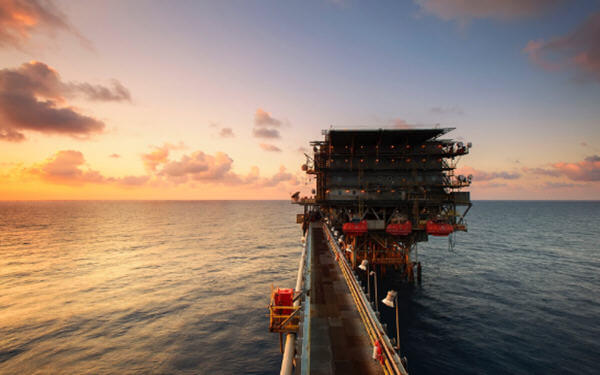
Investors in the world’s largest oil and gas companies are eyeing a windfall from rising crude prices as the sector heads towards its strongest financial performance in a decade, while keeping a tight rein on spending.
Companies including Total and BP have already launched share buyback programmes, and Royal Dutch Shell is preparing to follow suit in a sign of the industry pushing to improve investor returns as it bounces back from a long downturn.
“The oil market is tightening and we now see it as appropriate to factor in at least some of the windfall profitability that higher prices are generating,” said Lydia Rainforth, analyst at Barclays, in a report that said Europe’s integrated oil and gas groups were on course to deliver excess free cash flow for the first time since 2008.
US groups, such as ExxonMobil and Chevron, are also benefiting from this year’s faster-than-expected upturn in oil prices because of rising global demand, supply disruptions in Venezuela and political tensions in the Middle East.
Brent crude, the international benchmark, hit $80 per barrel last week for the first time since 2014.
Many oil producers are generating more free cash at current prices than they did at $100 per barrel before the market crashed four years ago.
This is because of deep cost cuts during the downturn, with average operating expenses per barrel down a third and development costs halved by the same measure since 2014.
Most oil majors can now cover dividends and capital expenditure at prices around $50 per barrel, meaning that, at $80, they make a healthy surplus.
Having spent the downturn battling to balance the books, oil executives are adjusting to a new environment in which they face choices over how to use spare cash.
The message from most has been consistent: there will be no return to the runaway spending of the $100 oil era. Instead, companies are focusing on debt reduction and shareholder returns.
Debts rose sharply during the downturn as companies borrowed to avoid cutting dividends and leverage remains high. Shell, for example, has trimmed net debt by $10bn in the past year but still owes $66bn, a debt-to-capital ratio of 25 per cent.
Jessica Uhl, Shell chief financial officer, indicated last month that she wanted gearing closer to 20 per cent before launching a promised $25bn share buy-back programme.
The recent surge in oil prices has increased investor expectations that this will happen in the second half of this year.
BP said this month that it, too, was prioritising debt reduction after announcing a 71 per cent increase in first-quarter earnings.
But Brian Gilvary, chief financial officer, said the group would start looking at options for further share buybacks or a dividend increase as the balance sheet improved in the second half.
Source: FT.com